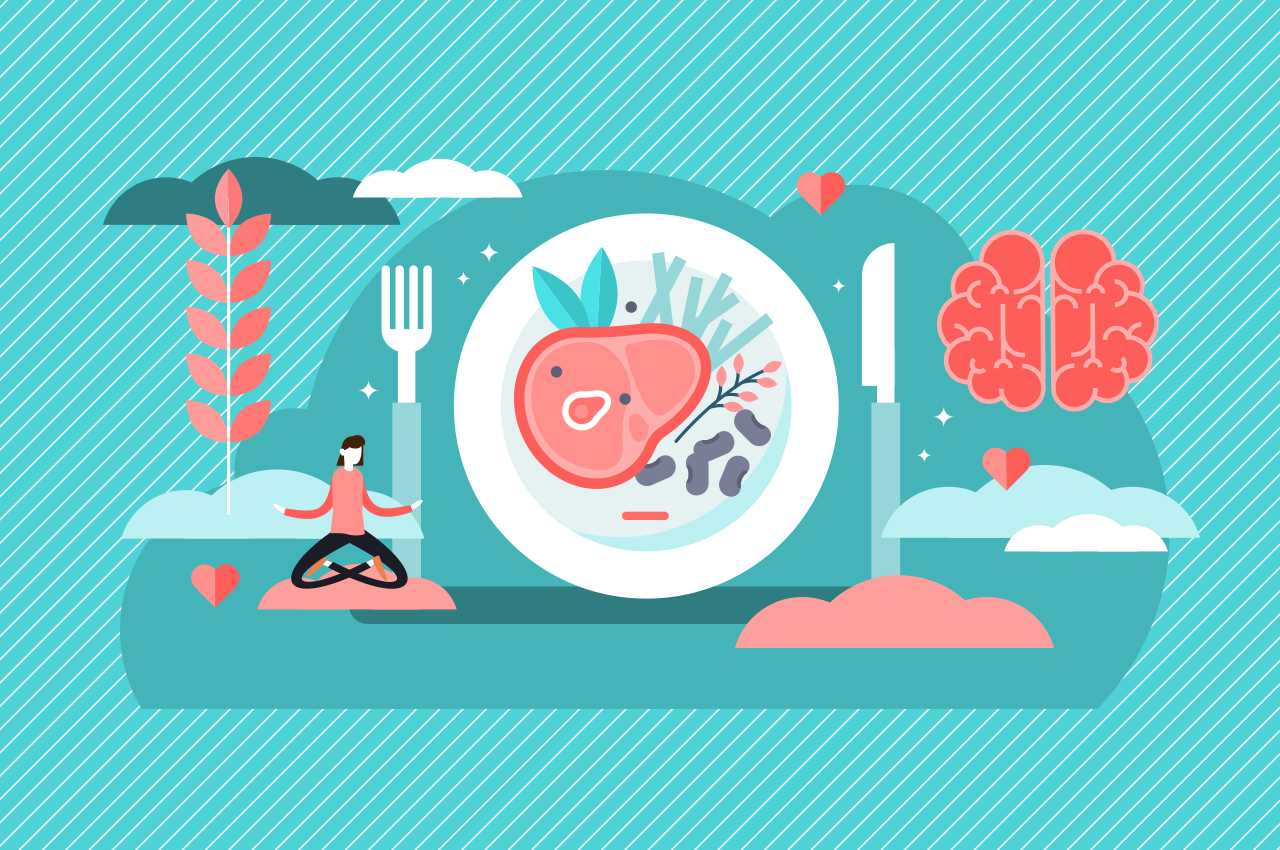Our fast-paced lives mean we’re always on the move.
And being on the move means we’re usually grabbing quick bites to line the stomach and avoid hunger pangs.
The constant cycle of being on the go and eating what you can, at that moment, isn’t the best eating pattern, nor does it serve any purpose for your health.
Eat smart
Mindful eating is about focusing on the present moment, while acknowledging and accepting your feelings, thoughts, and bodily sensations. According to the Harvard Medical School, this ancient practice can transform the way you think about food and set the stage for a lifetime of healthy eating. Increased mindful eating can help you become more in tune with your hunger and satiety, gain awareness of your body, recognise external cues to eat, improve self-compassion, decrease food cravings and problematic eating, and do away with emotional eating and eating as a reward.
Pay attention
When you pay attention to the food you eat, you may indulge less often. Listen to your body, pay attention to hunger and be aware of situations that may lead to eating fuelled by boredom or other emotions. Eating more slowly can also have a powerful effect.
Ask yourself:
- Why do I eat?
- When do I want to eat?
- What do I eat?
- How do I eat?
- How much do I eat?
Shop smart
Always look out for the health value of every item you add to your basket. Stick to your shopping list and avoid impulsive shopping. Try not to hit the shops when you’re starving – this is a sure-fire way to choose unhealthy stuff!
Feed yourself with your non-dominant hand
Difficult tasks are a great way to force yourself to pay attention to what you’re doing. A simple technique is to force yourself to eat with your non-dominant hand. This might be challenging, so take small steps and try it for breakfast and snacks.
Come to the table with a decent appetite
If you skip meals, you may gobble your food down to fill the void instead of enjoying your food. So, start with a small portion.
Appreciate your eats
Take a minute or two before you start to eat. Express your gratitude for the opportunity to enjoy wholesome food, and the people you’re enjoying it with.
Eat in silence
Remove all distractions and designate the first few minutes of a meal to be quiet and mindful. Put away your cell phone, switch off the TV, and focus on your food. Remember, the point is to enjoy your food until you are satisfied – not until you’ve finished every last crumb!
References:
- https://www.ncbi.nlm.nih.gov/pubmed/29446036
- https://www.health.harvard.edu/staying-healthy/8-steps-to-mindful-eating
http://www.summertomato.com/how-to-eat-more-mindfully-2 - https://www.washingtonpost.com/lifestyle/wellness/more-and-more-research-points-to-mindfulness–not-certain-foods–for-weight-loss/2018/03/05/2aa25d48-1c00-11e8-b2d9-08e748f892c0_story.html?noredirect=on&utm_term=.742cc2220b03




